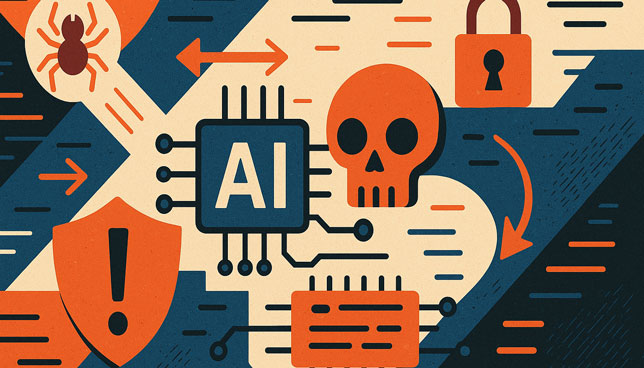
A new report has identified significant security vulnerabilities in the Model Context Protocol (MCP), technology introduced by Anthropic in November 2024 to facilitate communication between AI agents and external tools.
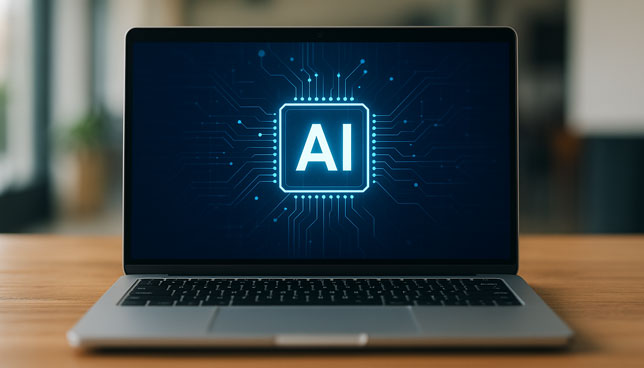
Google DeepMind has officially launched Gemma 3n, the latest version of its lightweight generative AI model designed specifically for mobile and edge devices — a move that reinforces the company's emphasis on on-device computing.
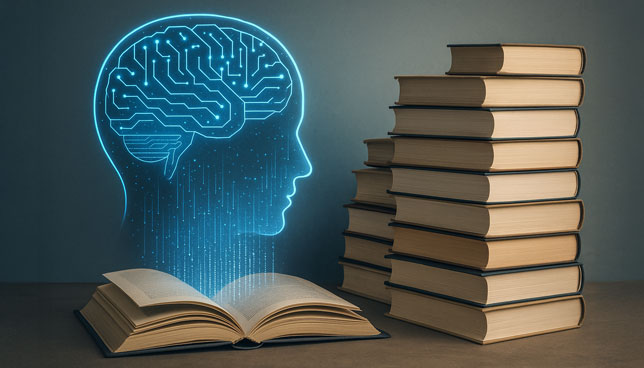
A federal judge ruled this week that artificial intelligence company Anthropic did not violate copyright law when it used copyrighted books to train its Claude chatbot without author consent, but ordered the company to face trial on allegations it used pirated versions of the books.
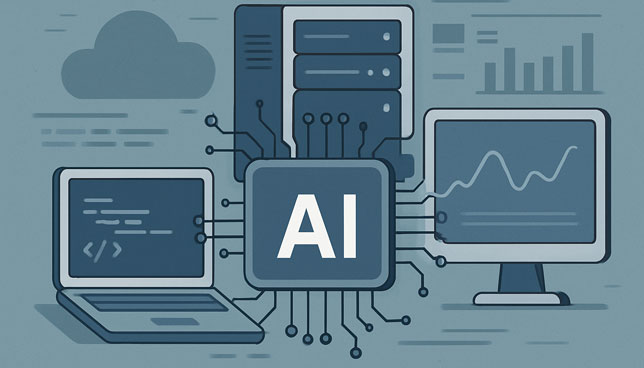
Hewlett Packard Enterprise and Nvidia have expanded their partnership to accelerate enterprise artificial intelligence adoption through new modular infrastructure and turnkey AI platform offerings.
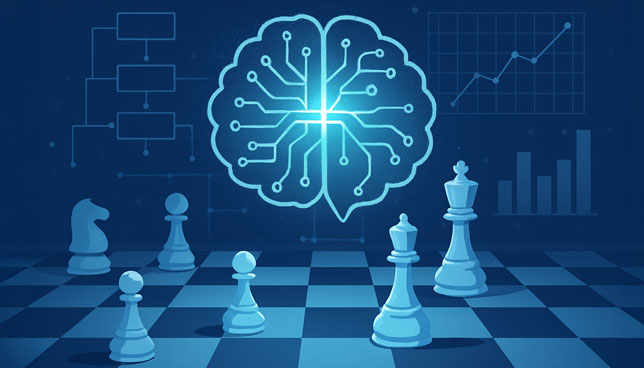
If your institution hasn't started developing an AI strategy, you are likely putting yourself and your stakeholders at risk, particularly when it comes to ethical use, responsible pedagogical and data practices, and innovative exploration.
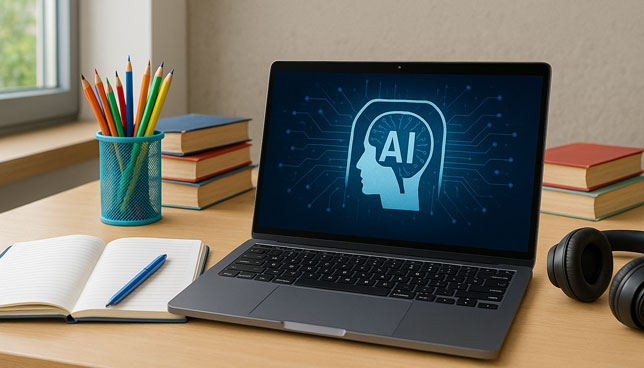
Ninety-three percent of students across the United States have used AI at least once or twice for school-related purposes, according to the latest AI in Education report from Microsoft.
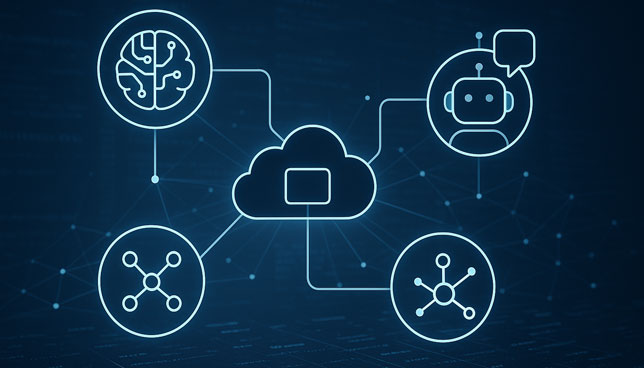
The Linux Foundation has announced it will host the Agent2Agent (A2A) protocol project, an open standard originally developed by Google to support secure communication and interoperability among AI agents.
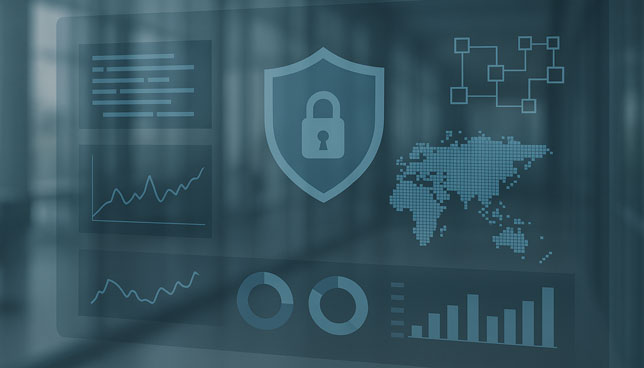
IBM has launched a new software stack for enterprise IT teams tasked with managing the complex governance and security challenges posed by autonomous AI systems.
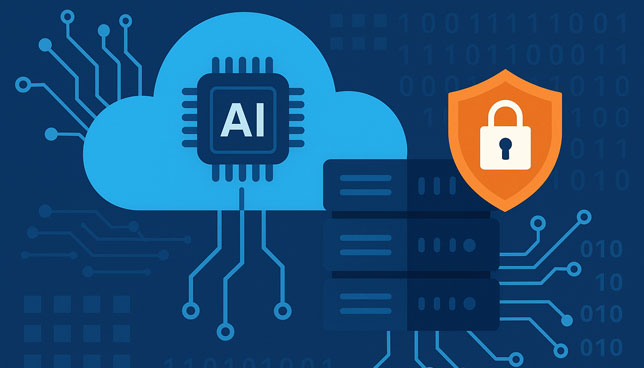
Nearly nine out of 10 organizations are already using AI services in the cloud — but fewer than one in seven have implemented AI-specific security controls, according to a recent report from cybersecurity firm Wiz.
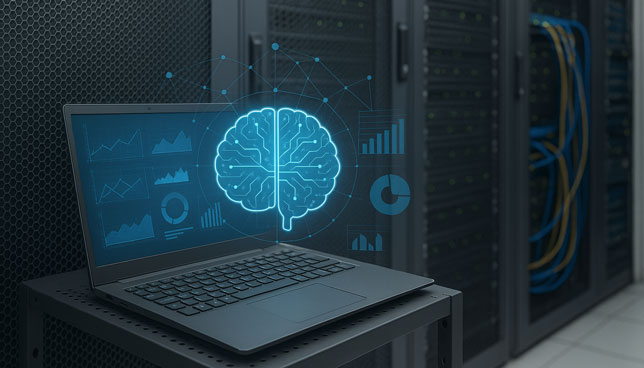
At its recent Cisco Live 2025 event, Cisco announced AgenticOps, a transformative approach to IT operations that integrates advanced AI capabilities to enhance efficiency and collaboration across network, security, and application domains.